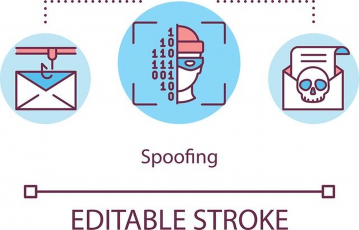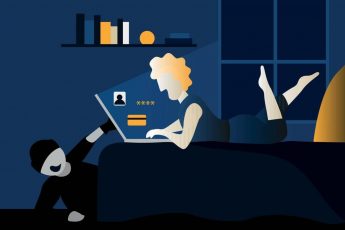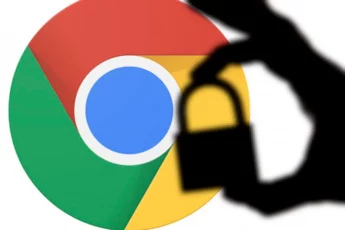Does online privacy concern you alongside the fear of how much of your data is on the world wide web and susceptible to theft or misuse?
If you are, know you are not alone.
According to Routers, most well-known US retailers were victims of cyber attacks. Those numbers would probably have climbed up by now and might even increase further in the coming years.
Even today, when numerous internet privacy tools are available, your passwords and personal information are not in safe custody.
Today, people regard online privacy greatly (and for some seriously right reasons).
To assist you in navigating these treacherous virtual times, we have compiled a list of 14 easy ways you can use to protect your privacy online.
1. Use strong passwords and a password manager
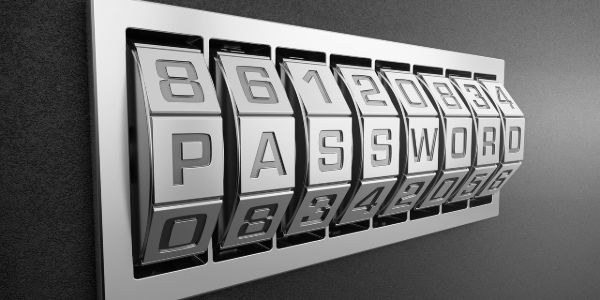
It is necessary knowledge that a strong password is your first line of defense in protecting your data online.
A long and complicated password that combines special characters, both lower and upper case, can be the first step towards securing yourself in the online domain.
It is recommended that you may never reuse passwords. However, the question arises, how many people can remember such passwords.
Users should come up with a strong password that is easy for them to remember while using different passwords on different accounts.
Also, you should keep your passwords secret alongside changing them regularly. Another thing you should keep in mind is to avoid saving passwords on browsers that are public and open to networks you do not control.
You may also consider integrating two-factor authentication into your login processes.
As the name suggests, two-factor authentication is a security process incorporating a second layer of authentication to your account password.
A two-factor authentication mostly includes a PIN, a pattern, fingerprint, mobile phone, or a security token to your login process.
Passwords managers such as NordPass and LastPass (my favorite) can also assist in keeping your passwords strong and secure across all your multiple devices and accounts.
2. Install a Virtual Private Network (VPN)
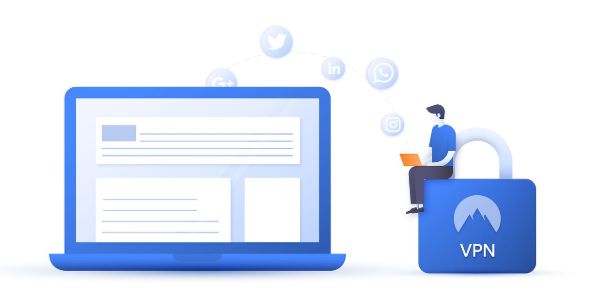
If you are fond of using public networks and WiFi hotspots, you need to use a virtual private network or VPN to encrypt your personal information from prying eyes.
Setting up a VPN is as simple as installing an extension on your browser or an application on your smartphone.
A VPN safeguards your personal information by encrypting your data, scrambling things like your banking details and other personal information, and ultimately rendering them unreadable.
If a person manages to hack your device or your connection, they will not be able to steal anything, as all your information will be scrambled and unreadable. All thanks to the VPN encryption (given that you were using a VPN while surfing online).
We at PrivacySavvy encourage everyone to use a quality VPN application like ExpressVPN, especially when they are connecting to the internet using a public network or WiFi.
Not just for security on public WiFi networks, VPN is a must-have all-around online privacy tool in this digital era.
3. Check your social media privacy settings

It has been found out that companies such as Cambridge Analytica and Amazon are in partnership with social media platforms to exchange revenue with personal information.
As a social media user, know that your social media platforms have a lot of personal information about you, which is visible to the public by default.
However, the power to share personal data is in your hands. Configure your privacy settings and decide which information you want to share with the public versus your friends.
Various social media platforms have different privacy settings for users (look for ‘privacy’ in your social account’s setting tab), allowing them to choose how much they share with their friends and the general public. Share only the least amount of personal information with the general public.
4. Install software, and operating system updates when prompted

Whenever your application, system, or operating system prompts you for an update, install them immediately.
These updates often contain significant security upgrades that close holes that might give an unauthorized person access to your information.
Updating your devices is a continuous activity as hackers endlessly devise new ways to compromise your internet privacy. Hence you must keep an eye on the update button.
5. Use HTTPS websites, especially for financial transactions
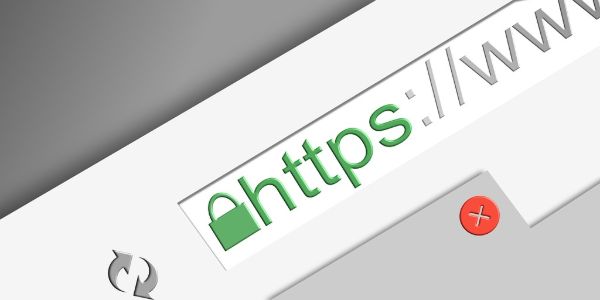
When browsing the internet, ensure the URL in the address bar of your web browser begins with HTTPS, especially if you are about to enter financial information into a website.
When sharing sensitive information or banking details, always ensure you use a secure site. Currently, there are two types of URLs on the internet, HTTP and HTTPS.
HTTP links indicate the connection between you and the website is weak and open to compromise.
On the other hand, HTTPS websites are secure as they provide additional security for data being transmitted through the internet.
When you connect to the internet using an HTTPS website, the site encrypts your online experience using a digital certificate that protects you from prying eyes.
Most browsers display a padlock icon in front of a URL to show the website is HTTPS and secure. (You can see that ahead of PrivacySavvy’s URL as we are fully protected and value our readers’ security).
6. Avoid clicking on suspicious links and attachments

One common method that cybercriminals use to trick users online is through phishing attempts.
Phishing attacks are hard to notice as they take the form of e-commerce, banks, and lottery links, among many other types.
It is essential to be vigilant and alert before clicking any suspicious link by checking the spelling of such links and their email addresses.
It’s better to enter the URL of the institutions in question manually to verify any communication rather than clicking the link. If you find it hard, you can always call the institutions to verify if there is any communication between them and your account.
7. Browse privately
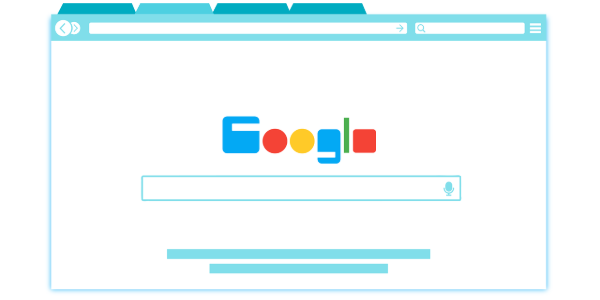
During normal browsing, your web browser stores your browsing history — remembering the websites you visited, cookies, files downloaded, and sometimes your location.
Browsing privately using secure web browsers or in incognito mode instructs your browser not to save your browsing information, protecting your data privacy.
8. Cover your camera

Owners of smartphones, tablets, and PCs with a webcam or a camera should look into ways to cover them to reduce the risk of being recorded and infringing on your privacy.
Users can buy many seamless and elegant covers to deter cybercriminals from taking video calls and photos that can be used for blackmail.
If you can’t afford covers, simply paste color tape (usually taped on tennis balls for cricket) on your device’s camera.
9. Secure your home and business network
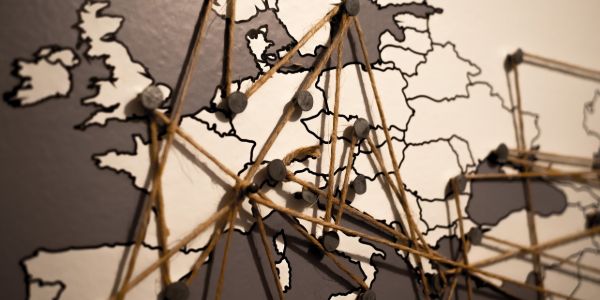
To ensure you never end up compromising your privacy online, secure your wireless home or business network with a password to avoid unauthorized persons within juxtaposition from accessing your wireless network.
Besides, you can try hiding your wireless network by configuring your router to protect your network name or SSID.
10. Be careful when downloading and installing software

Practice safe downloading by ensuring you have a reliable antivirus with antispyware capabilities before downloading.
Also, you should thoroughly examine the software’s publisher before downloading and ensure your firewall is running.
11. Make your old hard drives unreadable

As technology evolves, we tend to migrate to newer machines — leaving old hard drives with a lot of personal information.
When such a case arises, you better make your old hard drives unreadable or format them after backing up your data and files elsewhere.
12. Switch off your computer properly

Yes, even when there is no active internet on your computer, you must either power off your machine or put it to sleep when not in use to avoid physical hacking.
13. Use antivirus and firewall
Ensure you have a quality antivirus that is capable of scanning and protecting you from malicious programs.
Also, ensure your firewall is always on to safeguard you from viruses, spyware, and phishing programs before they infiltrate your system.
14. Regularly reboot your PC
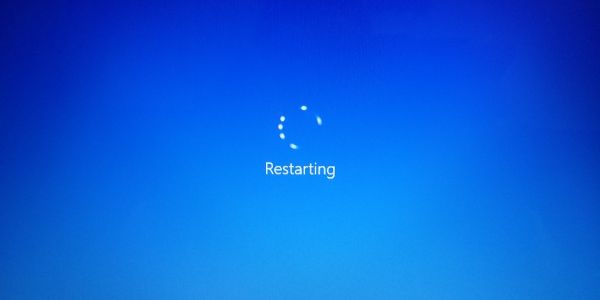
It is a frequent occurrence that users leave their computers on for days and sometimes weeks.
While a computer might be able to stay on even for months, it is vital to regularly reboot your machine to flush your RAM, stop memory leaks, speed up the performance, and fix bugs, among many other background fixes.
Conclusion
The critical thing to remember is that privacy is a human right, not a privilege. Even if governments cannot digest this fact, you, on the other hand, must understand it.
Your online privacy control starts with you; do not wait for anyone to take the necessary steps to safeguard yourself from data breaches and cybercrime.
FAQs
In simple words, you can call online privacy the security and privacy level of the personal data that gets published on the world wide web. It is a term that boasts a variety of techniques, factors, and tools that are used to shield private data, sensitive information, preferences, and communications. Some people also refer to online privacy as internet privacy.
Taking control of your online privacy is essential because you can protect your privacy and identity from theft (and misuse) online.
The UN Declaration of Human Rights recognizes privacy as a fundamental right for humans. The International Covenant on Political and Civil Rights, as well as many other regional and international treaties, consider privacy a fundamental human right.
